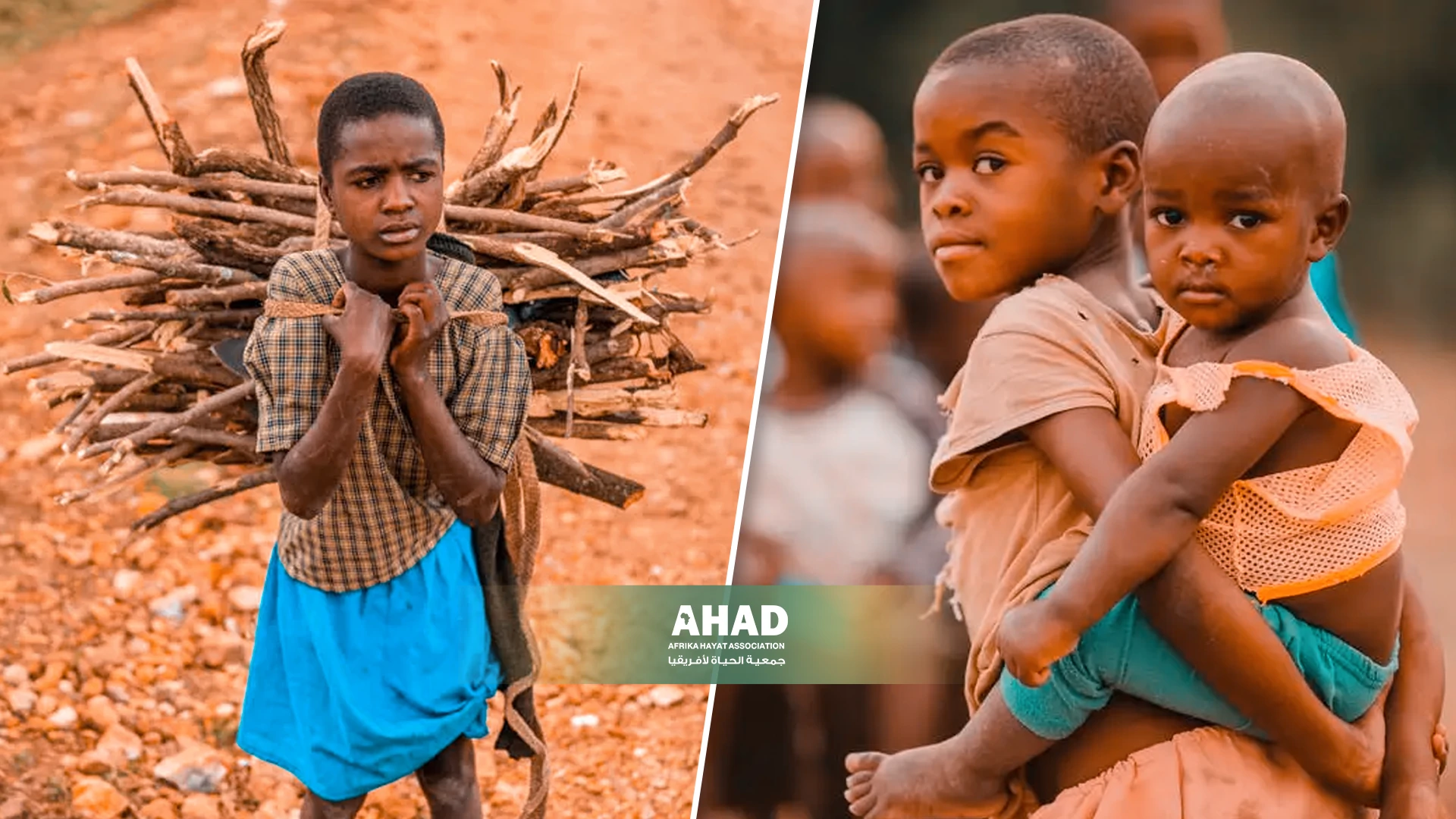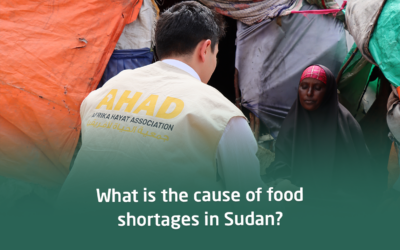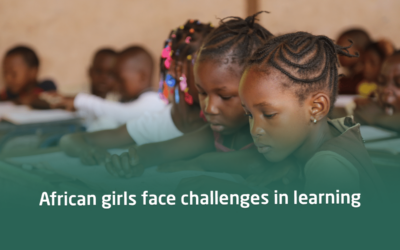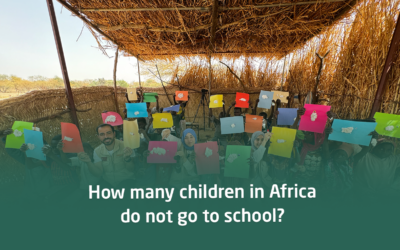The displacement crisis in Sudan is one of the largest humanitarian challenges, with thousands of people forced to leave their homes due to armed conflicts and natural disasters. This has had profound effects on various aspects of life, particularly education. Children find themselves in a new and unfamiliar environment, and the impact is not limited to their needs alone—teachers also face new and increasing challenges.
Displaced Sudanese Children and Their Need for Education
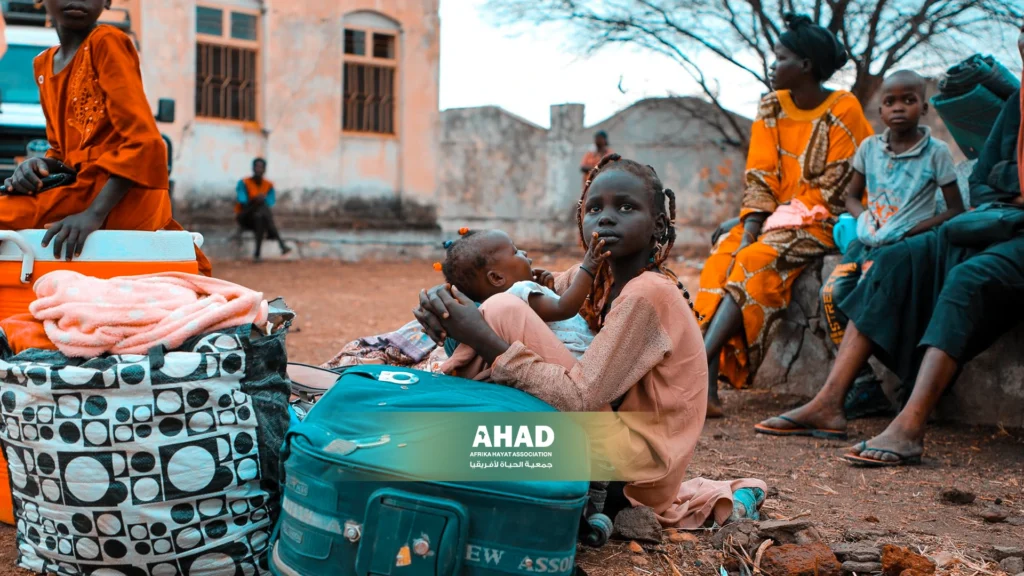
Forced displacement has significantly increased the number of Sudanese children deprived of their right to education. The difficulty of integrating into entirely different environments than their original homes often leads to deteriorating education quality and overcrowded classrooms in host areas that are not equipped to handle large numbers of children.
Displaced children in Sudan are often forced to work to help their families survive, reducing their chances of attending school regularly. The psychological pressure from the trauma of displacement and violence has affected the mental health of children, making education even more challenging.
Our Role in Sudan:
- Afrika Hayat Distributes Meals to Displaced People in Sudan
- Worsening Women’s Suffering in Sudan Due to the War
Challenges Teachers Face amid Sudan’s Crisis
Overcrowded classrooms, lack of experience in dealing with children’s psychological conditions, and the absence of essential resources put teachers in extremely difficult circumstances. There is also a severe shortage of textbooks and educational materials, as well as underdeveloped infrastructure.
The insecurity in some areas, combined with harsh economic conditions resulting from low or delayed salaries, affects teachers’ motivation and turns the task of educating displaced children into a daily challenge. This leads many teachers to consider leaving the profession altogether.
Education as a Tool for Empowerment and the Impact of Its Loss
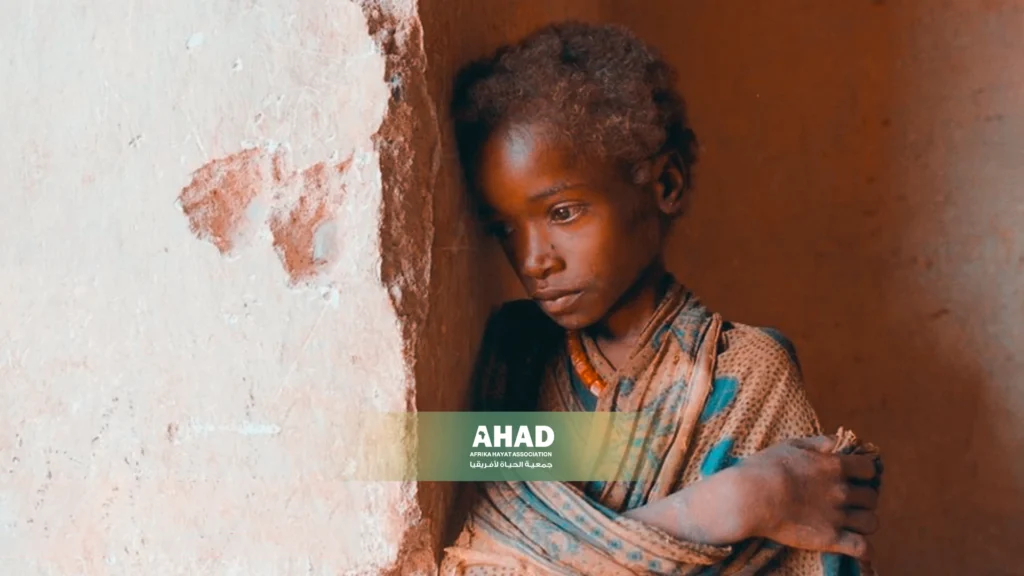
When children drop out of school due to armed conflict and natural disasters, it worsens illiteracy rates among Sudanese children, depriving them of basic skills like reading and writing. This limits their cognitive abilities, hinders their future personal and professional success, and leaves them unaware of their rights and opportunities. As a result, they face greater challenges in improving their standard of living and remain trapped in poverty. These children become more vulnerable to exploitation and struggle to integrate and contribute to their communities.
The Role of the International Community and Humanitarian Organizations
There is a crucial role for the international community in supporting education in Sudan, such as establishing temporary schools, providing educational materials, and training teachers. These efforts need sustained international support to ensure education continues and improves in quality.
The Africa hayat Association plays a vital role in supporting children’s education through programs and initiatives aimed at creating a sustainable learning environment and meeting the basic educational needs of children in affected areas. Join us in providing education and a better future for children in need.

